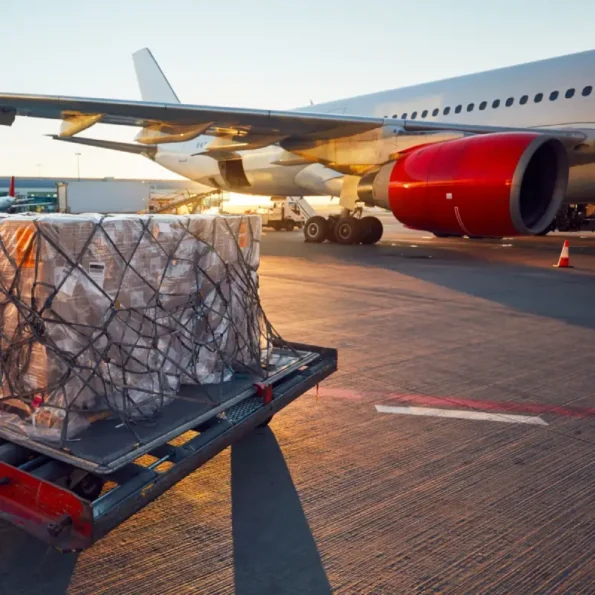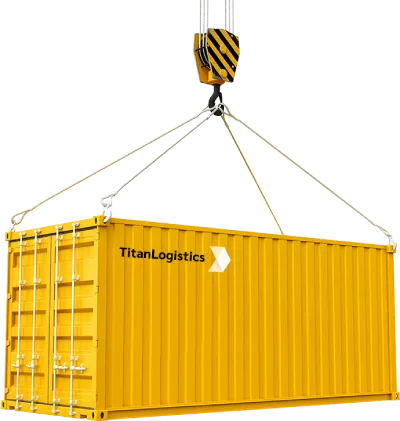
Navigating Crisis
The Crucial Role of Road Transportation in Disasters
Emergency logistics, especially in the context of disasters, underscores the importance of preparedness, adaptability, and resilience.
Valuable lessons emerge from the intersection of road transportation and disaster response.
Lessons Learned from Emergency Logistics
- Prepositioning of Supplies: Proactive planning involves strategically prepositioning essential supplies in regions prone to disasters, enabling faster response times.
- Collaboration with Local Authorities: Establishing strong partnerships with local authorities enhances coordination and ensures seamless transportation routes during emergencies.
- Utilizing Technology for Real-Time Tracking: Incorporating advanced technology, such as GPS and telematics, ensures real-time tracking of relief shipments, optimizing their delivery.
- Flexibility in Routing: An adaptable road transportation network allows for flexible routing, essential when regular routes are compromised due to disasters.
- Prioritizing Safety: Despite the urgency, safety remains paramount. Well-trained drivers equipped with emergency response skills play a critical role in disaster situations.
- Community Engagement: Involving local communities in the transportation process fosters a sense of ownership and facilitates smoother logistics operations during crises.






